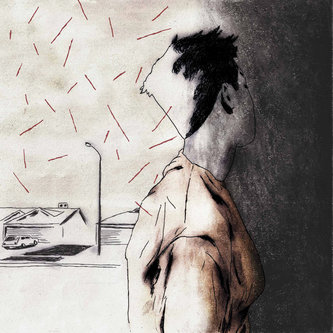
Though it took some getting used to the world outside of prison, from the outside looking in Cooper seemed to be doing well and worked hard to make a new life for herself. However, deep down she still struggled with overwhelming guilt from the incident that landed her in prison and depression that had stemmed from a traumatic and troublesome childhood. Eventually, it all became too much and in May of this year, Cooper took her own life.
More than anything, this article points out the flaws in our mental healthcare system, particularly with respect to the lack of psychiatric treatment and support in prison and especially when individuals are released, which for any individual is a difficult adjustment, but can be heightened for those with a history filled with trauma, torment and mental health issues.
"Mental health care in prison is mostly a pill in a paper cup. Ms. Cooper herself was briefly on antidepressants, she told her sister. No one mandated follow-up treatment for “re-entry,” an apt term considering how much it must feel like dropping from outer space. “Nobody helps because people don’t see us as human beings,” Ms. Cooper said...
We need to provide mental health assessments; adequate counseling and treatment programs; rehabilitation; and appropriate medication, as opposed to just sedatives. We should make outpatient treatment a condition of parole, and expand the use of specialized mental health “re-entry courts,” which offer intensive guidance and support."
 RSS Feed
RSS Feed
